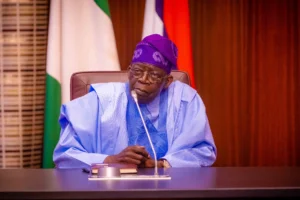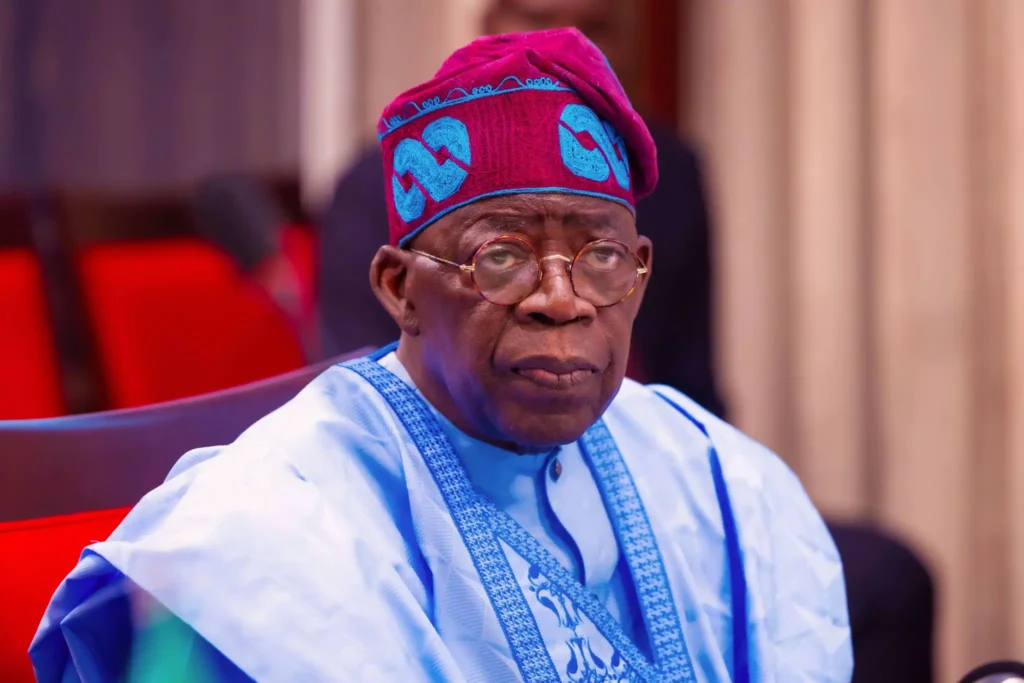In a landmark move to bridge the skills gap in Nigeria’s technology ecosystem, the Federal Government has officially launched the “3 Million Technical Talent” (3MTT) programme—an ambitious initiative designed to train three million young Nigerians in core digital skills by 2025. Spearheaded by the Federal Ministry of Communications, Innovation, and Digital Economy, the 3MTT programme is a cornerstone of Nigeria’s broader strategy to position itself as a global talent hub in the Fourth Industrial Revolution.
Launched in late 2023 with rollout continuing into 2024, the programme aims to build a digitally literate and employable workforce equipped with future-proof technical competencies. The 3MTT initiative is expected to play a transformative role in reducing unemployment, stimulating local tech innovation, and strengthening Nigeria’s presence in global outsourcing markets.

Phased Implementation and Local Ecosystem Partnerships
The training programme is structured to run in multiple phases. The first phase targets 30,000 participants selected from across Nigeria’s 36 states and the Federal Capital Territory, serving as a pilot group. These individuals are undergoing intensive training in various high-demand digital fields including software development, cybersecurity, data science, product design, cloud computing, and artificial intelligence.
To implement the programme, the government has partnered with several local training providers, tech hubs, and innovation clusters across the country. These ecosystem partners are not only offering technical instruction but also mentoring and practical project experience to ensure the employability of graduates.
Bridging the Global Tech Talent Shortage
According to the Minister of Communications, Innovation and Digital Economy, Dr. Bosun Tijani, the 3MTT programme was designed as a national response to the global shortage of skilled digital workers. With millions of jobs projected to remain unfilled worldwide due to insufficient digital talent, Nigeria sees an opportunity to train and export highly skilled professionals while addressing local unemployment and underemployment.
Dr. Tijani emphasized that the 3MTT programme goes beyond training for domestic absorption. It also aligns with the government’s goal to build a competitive outsourcing economy similar to India or the Philippines. “We want to make Nigeria one of the top suppliers of digital talent globally,” he said.
Inclusive Access and Emphasis on Youth Employment
The 3MTT programme places strong emphasis on inclusion and accessibility. Trainees were selected from a wide demographic pool, including underserved communities and rural areas, with special consideration for gender inclusion to ensure greater participation of women in tech. The programme also encourages people with disabilities to apply.
In addition to hard technical skills, participants are also taught employability skills such as remote work readiness, project collaboration, freelancing, and entrepreneurship. Many graduates of the programme are expected to find jobs not only in Nigeria’s emerging tech ecosystem but also with international employers, particularly via remote work platforms.
A National Digital Economy Vision
The 3MTT initiative aligns with the broader “Nigeria Digital Economy Policy and Strategy (2020–2030)” which seeks to harness digital technology as a key driver of economic growth. As part of this strategy, the Tinubu administration has prioritized technical skill-building, digital infrastructure development, and innovation funding.
Furthermore, the government has stated that the programme will contribute significantly to its employment generation targets and human capital development goals outlined in the Renewed Hope Agenda.
Stakeholder Reactions and Outlook
Tech industry stakeholders, including local startups, incubators, and venture capitalists, have lauded the 3MTT programme for its focus on workforce development. Several have pledged to offer internships and employment opportunities to programme graduates. International tech companies with a growing footprint in Nigeria are also watching the programme with interest, especially those exploring outsourcing and remote work recruitment in West Africa.
By investing in human capital and prioritizing digital literacy, Nigeria is positioning itself to not only catch up with global trends but to become a key player in the future of work. The success of the 3MTT programme may very well determine the country’s competitiveness in the rapidly evolving digital economy of the 21st century.






